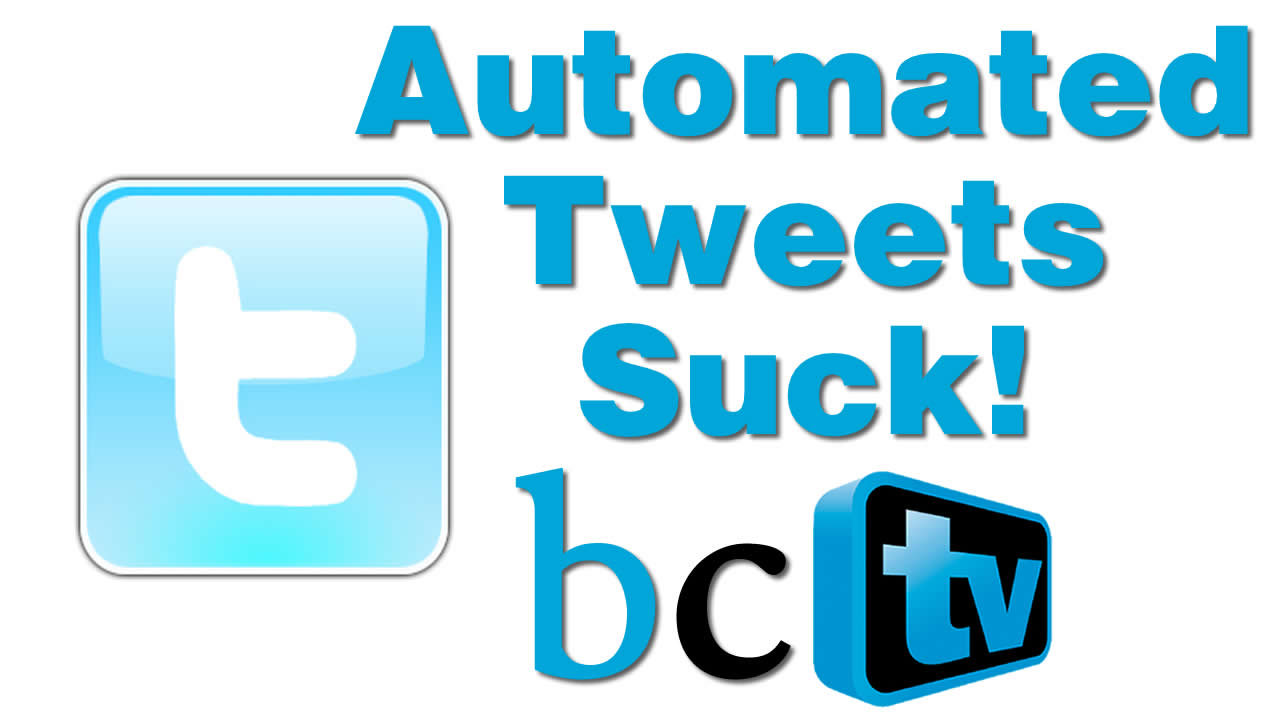Benefits of Chatbots in Healthcare: 9 Use Cases of Healthcare Chatbots
Albeit prescriptive chatbots are conversational by design, they are developed not only for offering direction or answers but also for providing therapeutic solutions. Primarily 3 basic types of chatbots are developed in healthcare – Prescriptive, Conversational, and Informative. These three vary in the type of solutions they offer, the depth of communication, and their conversational style.
In a study using 2 cases, differences in prediction accuracy were shown concerning gender and insurance type for intensive care unit mortality and psychiatric readmissions [103]. On a larger scale, this may exacerbate barriers to health care for minorities or underprivileged individuals, leading to worse health outcomes. Identifying the source of algorithm bias is crucial for addressing health care disparities between various demographic groups and improving data collection. The use of chatbots in health care presents a novel set of moral and ethical challenges that must be addressed for the public to fully embrace this technology.
Health-focused conversational agents in person-centered care: a review of apps
Nevertheless, chatbots are emerging as a solution for healthy lifestyle promotion through access and human-like communication while maintaining anonymity. From enhancing patient experience and helping medical professionals, to improving healthcare processes and unlocking actionable insights, medical or healthcare chatbots can be used for achieving various objectives. Poised to change the way payers, medical care providers, and patients interact with each other, medical chatbots are one of the most matured and influential AI-powered healthcare solutions developed so far. Leveraging 34 years in AI technology, ScienceSoft develops medical chatbot products and custom solutions with cutting-edge functionality for healthcare providers.
- In general, these systems may greatly help individuals in conducting daily check-ups, increase awareness of their health status, and encourage users to seek medical assistance for early intervention.
- The removal of options may slowly reduce the patient’s awareness of alternatives and interfere with free choice [100].
- Chatbots are computer programs designed to interact with users through conversational interfaces.
- In these ethical discussions, technology use is frequently ignored, technically automated mechanical functions are prioritised over human initiatives, or tools are treated as neutral partners in facilitating human cognitive efforts.
If you change anything in your company or if you see a drop on the bot’s report, fix it quickly and ensure the information it provides to your clients is relevant. The virtual assistant also gives you the option to authenticate signatures in real time. Before they panic or call in to have a visit with you, they can go on your app and ask the chatbot for medical assistance. This is one of the chatbot healthcare use cases that serves the patient and makes the processes easier for them.
Chatbots in Healthcare: Six Use Cases
There has been one systematic review of commercially available apps; this review focused on features and content of healthbots that supported dementia patients and their caregivers34. To our knowledge, no review has been published examining the landscape of commercially available and healthcare chatbot use cases consumer-facing healthbots across all health domains and characterized the NLP system design of such apps. This review aims to classify the types of healthbots available on the app store (Apple iOS and Google Play app stores), their contexts of use, as well as their NLP capabilities.

Customers can use chatbots to find answers quickly and conveniently to their inquiries and carry out simple operations, such as submitting a claim or monitoring the status of their insurance policy. In addition, the insurance sector is increasingly adopting technologies such as artificial intelligence (AI) and natural language processing (NLP). The use of chatbots to automate a variety of insurance-related processes is a logical development of these technologies. Usually, chatbots in healthcare use natural language processing (NLP) algorithms or large language models (LLM) and ML techniques to understand user queries and generate relevant responses. In a world where an anxiety attack can happen at any time, you can rest easy knowing that you have AI-powered chatbots in healthcare to rely on.
Schedule Appointments and Set Reminders
You discover that you can implement and train a chatbot so that once a patient enters all of his symptoms. The bot can analyze them against certain parameters and provide a diagnosis and information on what to do next. But, ever since the pandemic hit, a larger number of people now understand the importance of such practices and this means that healthcare institutions are now dealing with higher call volumes than ever before. Discover how Inbenta’s AI Chatbots are being used by healthcare businesses to achieve a delightful healthcare experience for all.
To our knowledge, our study is the first comprehensive review of healthbots that are commercially available on the Apple iOS store and Google Play stores. Another review conducted by Montenegro et al. developed a taxonomy of healthbots related to health32. Both of these reviews focused on healthbots that were available in scientific literature only and did not include commercially available apps. Our study leverages and further develops the evaluative criteria developed by Laranjo et al. and Montenegro et al. to assess commercially available health apps9,32. A symptom checker bot, such as Conversa, can be the first line of contact between the patient and a hospital. The platform automates care along the way by helping to identify high-risk patients and placing them in touch with a healthcare provider via phone call, telehealth, e-visit, or in-person appointment.


